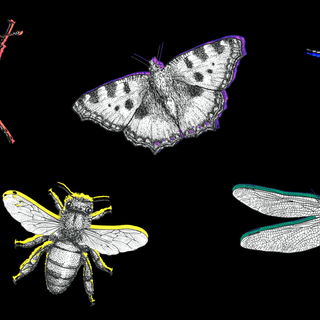Scientists warn that global efforts surrounding animal conservation can be undermined by celebrity voices that push misinformation. This statement comes after several scientists received death threats and abuse for pointing out that celebrities and politicians put forth misleading information to push for a ban on trophy hunting.
Trophy hunting is widely known as a cruel phenomenon in which individuals hunt wild animals for sport. While both scientists and celebrity activists find trophy hunting morally repugnant, scientists warn that celebrity support for a ban on trophy hunting is informed by “myths driven by emotion and morality that ignore critical facts,” according to a report by The Guardian.
Though trophy hunting has negatively impacted certain endangered species historically due to poor regulation, scientists and conservationists have proved via several case studies that sustainable trophy hunting funds and incentivizes landowners to participate in the large-scale conservation of threatened species like lions and rhinos. When landowners protect and manage habitats belonging to these species in order to attract trophy hunting, they are also protecting other endangered species that may live in the same habitats. In an open letter published in Science, scientists also argued that trophy hunting helps provide a livelihood to indigenous communities and helps decrease the rate of both poaching and unregulated animal killings.
Related on The Swaddle:
Resettling Tribal Communities Outside of Protected Forests Costs More Than Involving Them in Conservation Efforts: Report
Celebrity activists like musician Ed Sheeran, actor Peter Egan, and musician Liam Gallagher, on the other hand, doggedly and vocally support a ban on trophy hunting without starting a conversation about what could be a realistic means to conserve animal habitats and local livelihoods. This ill-informed advocacy has now also seeped into the perspectives of poltical decision-makers — with U.S. President-elect Joe Biden also flatly condemning trophy hunting. This, according to African conservationists, is a death sentence for the very animals that well-meaning celebrities are trying to protect.
Some academics suggest that poorly informed celebrity activism reflects activism-for-show. “They get the oxygen of publicity for themselves, which sometimes they use as part of their wider CV. … I’m sure their agents encourage them to do it as it heightens their profile,” Professor Keith Somerville, an expert in media and manipulation from the University of Kent, U.K., tells Field Sports Channel.
There is a history of celebrities spreading misinformation in support of animal rights, ranging from the dog meat ban in Nagaland, India, to a fake news scandal in the U.K. where celebrities claimed (with much outrage) that the government ruled animals don’t have feelings.
Surface-level animal activism may be an apolitical means for celebrities to show altruism or animal rights may be a cause celebrities sincerely believe in. Either way, it will always remain necessary for science and facts to inform conservation policy rather than emotion.




